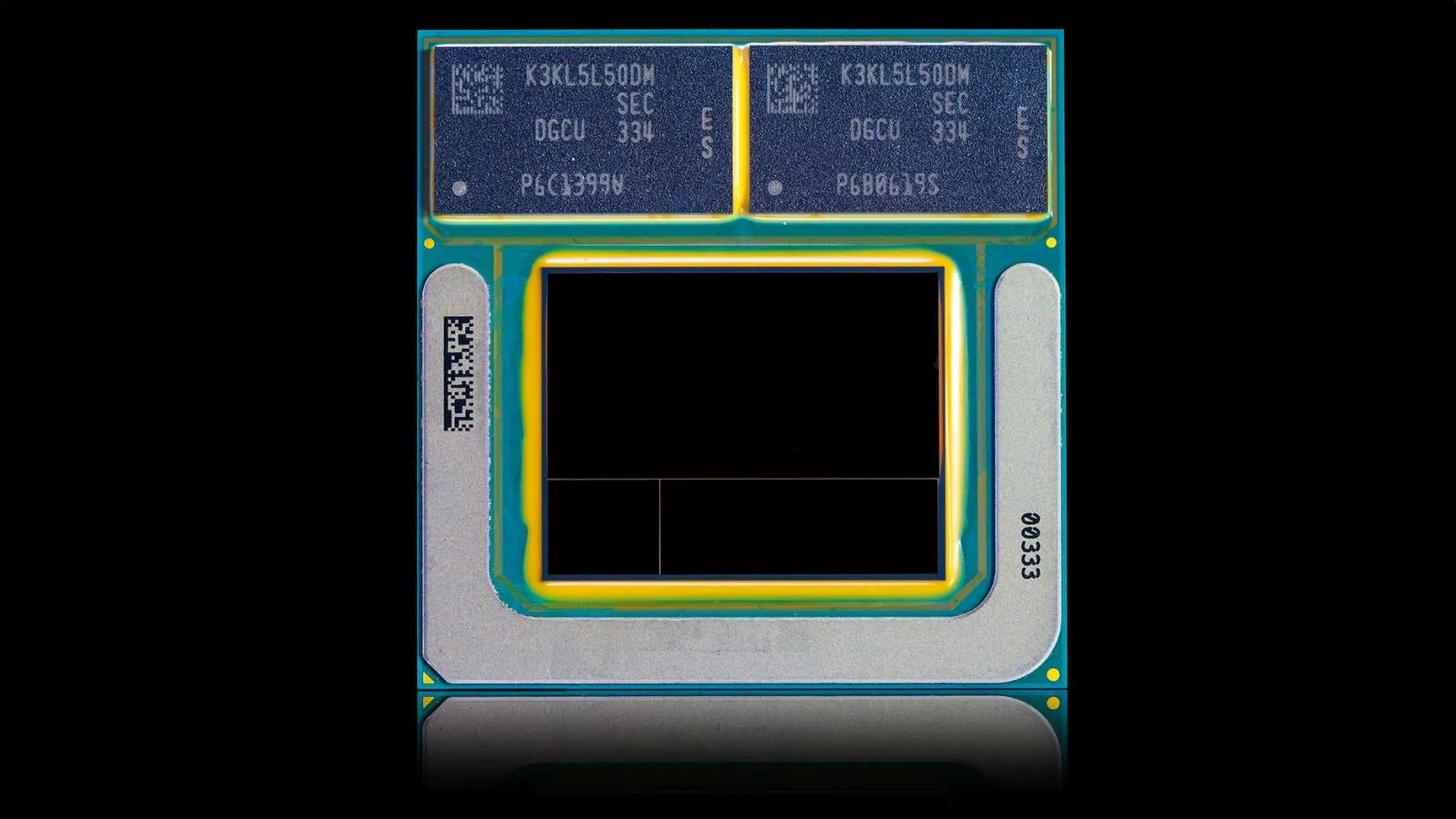All the way back in November of 2020, Apple released its first Apple Silicon based Mac, the M1 MacBook Air. The release of this Mac would be the start of the laptop industry-wide shift to replace the old and bloated x86 CPUs with new, powerful, and efficient ARM CPUs. The Idea is simple: We’re already using these power efficient ARM processors in phones, so what’s stopping us from putting one in a laptop to fix the notoriously laughable battery life on modern laptops?
x86 processors by Intel and AMD are the current choice for desktop and laptop computers, but they’re far from being power efficient. A lot of this lack of efficiency comes from being a CISC processor. CISC meaning Complex Instruction Set Computer. This means that compared to RISC, Reduced Instruction Set Computers, CISC processors have a lot more instructions, a lot more ways to get work done, and are overall more complex, taking up more physical room on the CPU. This also means that they are generally less power efficient than RISC processors, such as the ones designed by ARM. Apple knows this, and that’s why they dropped Intel’s x86 CPUs in their MacBooks for more power efficient ARM CPUs.
Now with Qualcomm’s announcement of their new Snapdragon X Series of processors based on the ARM architecture, they stand as a new threat to Intel’s position in the market, as so many Windows laptop manufacturers have dropped Intel for Snapdragon in an instant. With Qualcomm making bold claims about their processors being “The Most Powerful, Intelligent, and Efficient Processor in its class,” and that they’ve made the “The PC Reborn,” it makes sense that Intel should be at least a little worried about their position in the PC market.
It seems as if Intel is being left behind and they absolutely should not be happy about this.
The solution for Intel? Lunar Lake. Clearly everybody thinks that this is the end for x86 in the consumer market, but Intel isn’t going to go out without a fight. All over they have been talking about the innovations they’re making specifically to the efficiency of their processors, claiming that more workloads will be able to be exclusively computed on the efficiency cores of Lunar Lake alone. Of course with everyone today talking of AI, Intel is sure to have a large focus on it, and they claim that Lunar Lake will deliver 1.4x faster AI performance compared to the Snapdragon X-Elite while using 20% less power. If Intel’s bold claims about these new Lunar Lake processors hold up, this might not be the quick and easy defeat that Qualcomm was expecting.
This isn’t the first time that Microsoft has attempted Windows on ARM either, but it didn’t turn out so well last time. For one, ARM processors at the time just weren’t capable of handling large workloads like x86 could. And the other big thing was, and still is, compatibility. ARM being a completely different architecture, can’t natively run applications built for x86. And a computer is only as good as the software that it can run, because what’s the point of a computer if you can’t get things done on it. Most work today is done in the browser, so that’s easy enough to port Edge, Chrome, or Firefox to, but more complex applications that do rendering, video editing, audio, or any sort of heavy computation for that matter, take a lot more effort to get running on ARM, especially if the computation algorithms in these applications are designed to take advantage of x86 architecture specific features. Of course, Windows also has a compatibility layer, much like Apple's Rosetta compatibility layer called Prism, that attempts to run x86 apps on ARM by translating the instructions in real time, and it has improved a lot recently, so we’ll see if it’s enough to bridge the architecture jump.
It seems as though x86 isn’t done for just yet, even with the release of the new Snapdragon X Series processors, it seems like Intel recognizes this threat, and they’re going to need to innovate now more than ever.

Reader Comments
Write a comment
(Information about your system will be stored to prevent abuse)